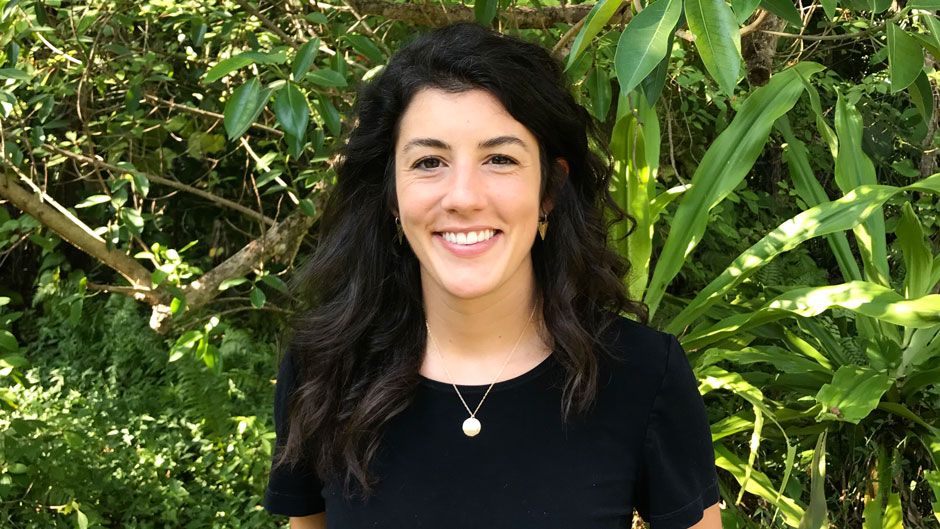As the world faces the unparalleled coronavirus crisis, public health professionals are working around the clock to tactically address the needs of different population groups in their own communities. From epidemiologists to biostatisticians to medical lab workers, frontline health care professionals are focused on fighting the spread of COVID-19.
One University of Miami student, with the help of others, took a moment to cast a light on public health industry workers in the University of Miami and Miami-Dade County communities.
Renae Schmidt, a second-year Master of Public Health student and secretary of the Public Health Student Association at the University of Miami, recently collaborated with the Miller School of Medicine’s Department of Public Health Sciences to celebrate the 25th anniversary of National Public Health Week by compiling responses on the importance of public health provided by leaders in the field.
The project is intended to emphasize the importance of public health while also bringing awareness to the issues facing the Miami-Dade County community. The following questions were asked to community partners, experts in the field, and the student body.
- Why is public health important?
- What are the most crucial issues facing Miami-Dade from the perspective of your line of work?
- How can individuals or communities advocate for awareness and action around these issues?
A month before the World Health Organization declared the novel coronavirus a global pandemic, Schmidt and other members of the student organization had hopes of hosting a panel discussion featuring public health leaders and experts to commemorate the week of awareness.
Despite physical events being cancelled, Schmidt was committed to highlighting the voices of the professionals. In less than a month, she took the lead on communicating with each public health professional. She then worked closely with the University’s public health sciences department writer, Amanda Torres, to design a webpage to bring the graduate student group’s vision to life.
“We knew that it would have been hard to gather professionals who are currently on the front line for a virtual panel,” added Schmidt, who received her undergraduate degree in biological sciences from North Dakota State University. “Public health has been on the back burner, because people are more interested in treatment—but I think this is a wake-up call.”
Schmidt, a Minnesota native, enrolled at the University in August 2018. She decided Miami was the place for her after she had traveled throughout Latin America.
“This was the closest I could get to the warm weather and Latin culture while studying what I love,” she said.
Since enrolling at the University, Schmidt has proven herself to be an outstanding scholar. She is a participant in The Learning Collaboratory, a three- to four-semester-long program offered through the Department of Public Health Sciences. The program allows Schmidt, and its other students, the opportunity to apply public health in the classroom and community.
Most recently, Schmidt initiated a four-month research project that will study the effects of loneliness, social isolation, and substance use during the COVID-19 pandemic. The investigation is being led by Viviana Horigian, associate professor of public health sciences, and is one of 24 research projects to receive rapid response grants from the Office of the Vice Provost for Research.
“The MPH program has allowed me to build a strong public health skill set by facilitating relationships with community members, allowing me to pursue issues I find most crucial, and encouraging engagement and collaboration with faculty leaders,” Schmidt said. “I am excited to join the workforce and to help fortify an adaptive and resilient public health infrastructure.”

